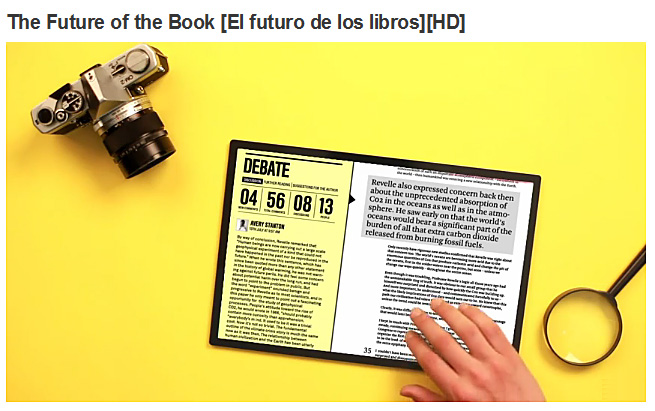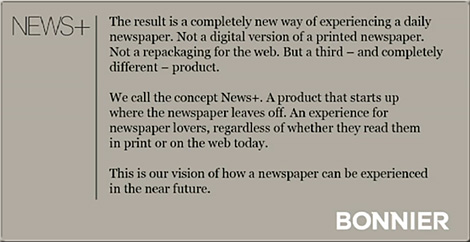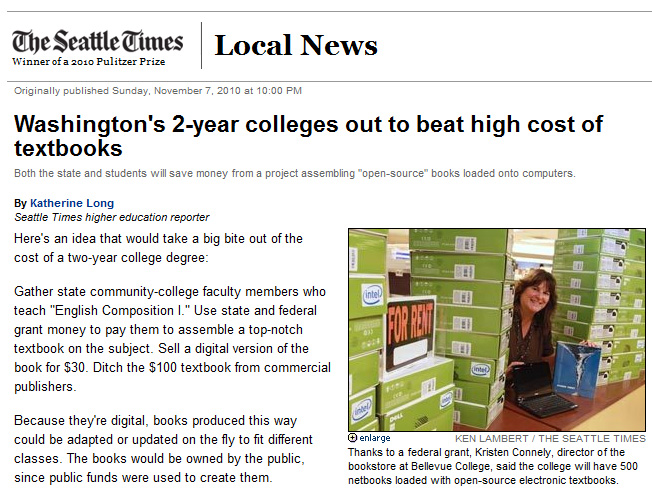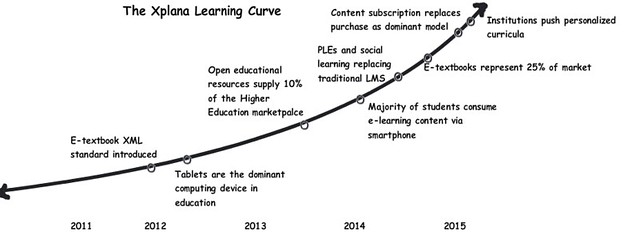Publisher rewrites the book on degrees — from timeshighereducation.co.uk by Hannah Fearn
Publishing giant Pearson has announced details of its plans to offer degrees in a range of vocational subjects from 2012.
From DSC:
I remember giving a presentation over at Grand Rapids Community College (GRCC) a few years ago for a Blackboard Users Conference. In that presentation, I remember asking how long would it be before publishers started offering their own degrees…? They have the Subject Matter Experts (SME’s), they have the graphic designers, web designers, the programmers, the project managers, etc. That is, they already have the table set in terms of content creation.
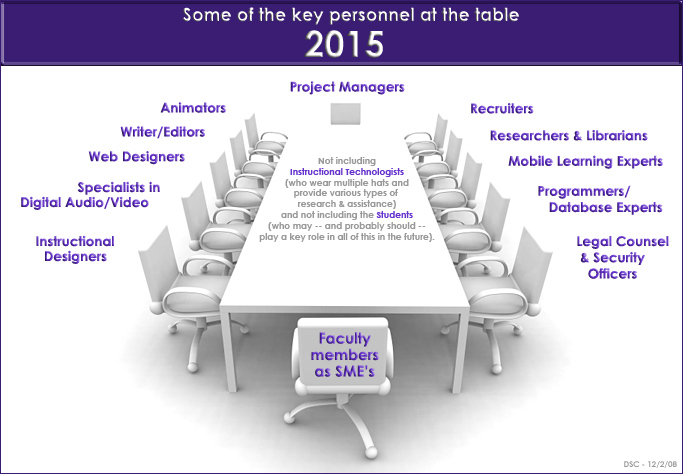 .
.
If anyone thinks this isn’t a game-changing environment within higher education, I challenge you to explain to me how you can still cling to — and adequately support — that perspective.











